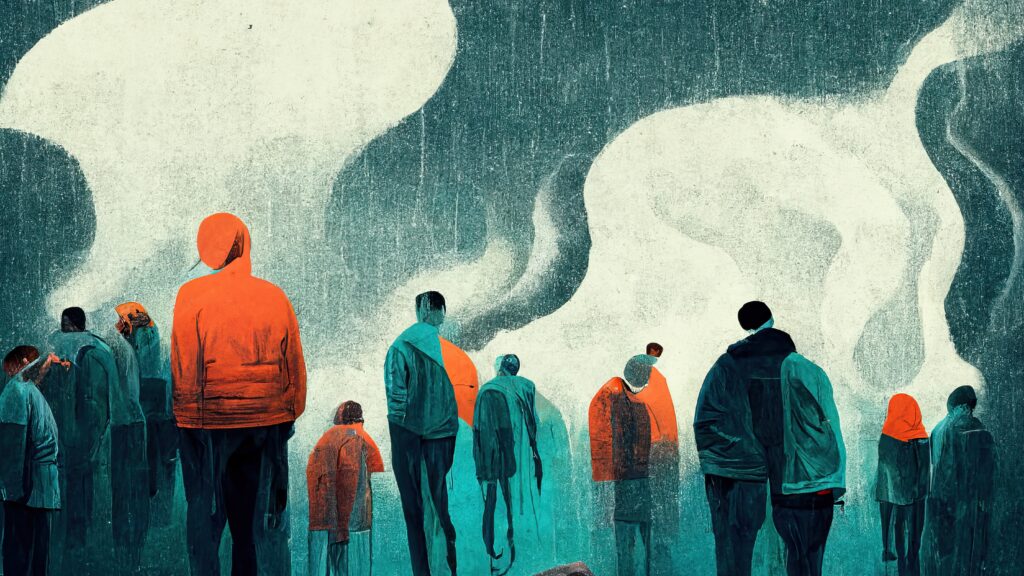WASHINGTON — More than a quarter of American adults are depressed, a 10% surge from nearly a decade ago, according to the latest Gallup survey.
The data come as the Biden administration tries to overhaul mental health care costs and boost the number of health care workers licensed to practice behavioral health care. Congress in this year’s budget also allotted hundreds of millions of dollars to mental health care grants and programs, many of them trained on children or substance misuse.
However the Gallup survey of more than 5,000 adults in late February indicates that depression, already labeled a crisis among children amid Covid-19 shutdowns and social media use, is much more widespread.
Depression rates have sharply risen among women and Black and Hispanic people in particular. More than 36% of women report that a doctor has diagnosed them with depression in their lives, compared to 20.4% of men, with depression rates among younger people outpacing that of older respondents. While white people historically have reported the highest depression rates, Black and Hispanic adults are now reporting similar figures.
Gallup researchers said that while women typically report higher depression rates than men, much of the recent surge could be attributed to the Covid-19 pandemic. Women disproportionately lost their jobs or exited the workforce to take care of family. Women also account for two-thirds of the health care workforce, which has struggled with staffing shortages and the psychological toll of the Covid-19 emergency. The survey did not break respondents out by occupation.
“The people that were hoping that the mental health crisis caused by Covid would stop when Covid stops will be disappointed,” said Ken Duckworth, chief medical officer of the National Alliance on Mental Illness. However, Duckworth also suggested a potential positive from the survey results: perhaps more people are reporting depression because cultural stigma around the diagnosis has declined.
For instance, while more people are reporting depression, more are also seeking care. Nearly 19% of Hispanic people reported they are being treated, up 5.8% from 2017. Treatment rose by 3.5% among white people and 3.6% among Black people during that time.
President Biden highlighted the mental health care crisis in this year’s State of the Union, though he also focused primarily on soaring depression and anxiety rates among children.
“Let’s do more on mental health, especially for our children,” he said. “When millions of young people are struggling with bullying, violence, trauma, we owe them greater access to mental health care at school.”
The administration also in its 2024 budget proposal requested a raft of new funding for mental health research and the 988 Suicide & Crisis Lifeline, launched last summer. Meanwhile, the Health and Human Services Department this month debuted a website, Find.Support.gov, to connect people with mental health care resources.
“988 … has been a blessing. But what if you’re a few steps ahead of that point in the road?” HHS Secretary Xavier Becerra said during his agency’s mental health care summit this month. “Why not know how to navigate that road ahead of time?”
If you or someone you know may be considering suicide, contact the 988 Suicide & Crisis Lifeline: call or text 988 or chat 988lifeline.org. For TTY users: Use your preferred relay service or dial 711 then 988.


